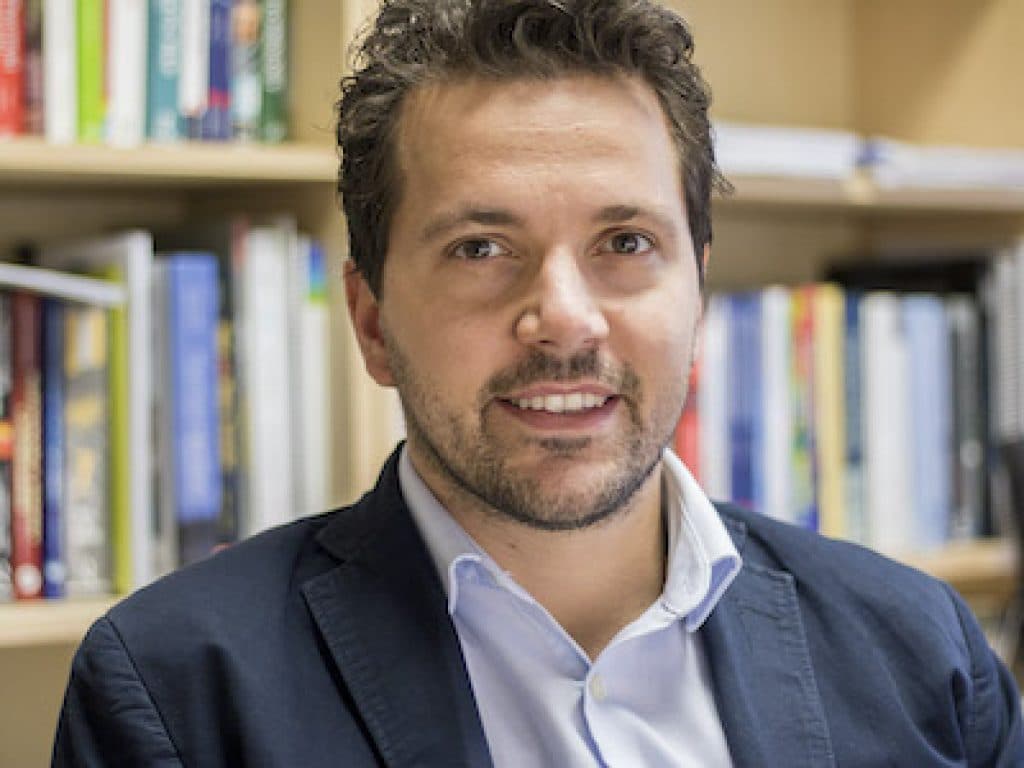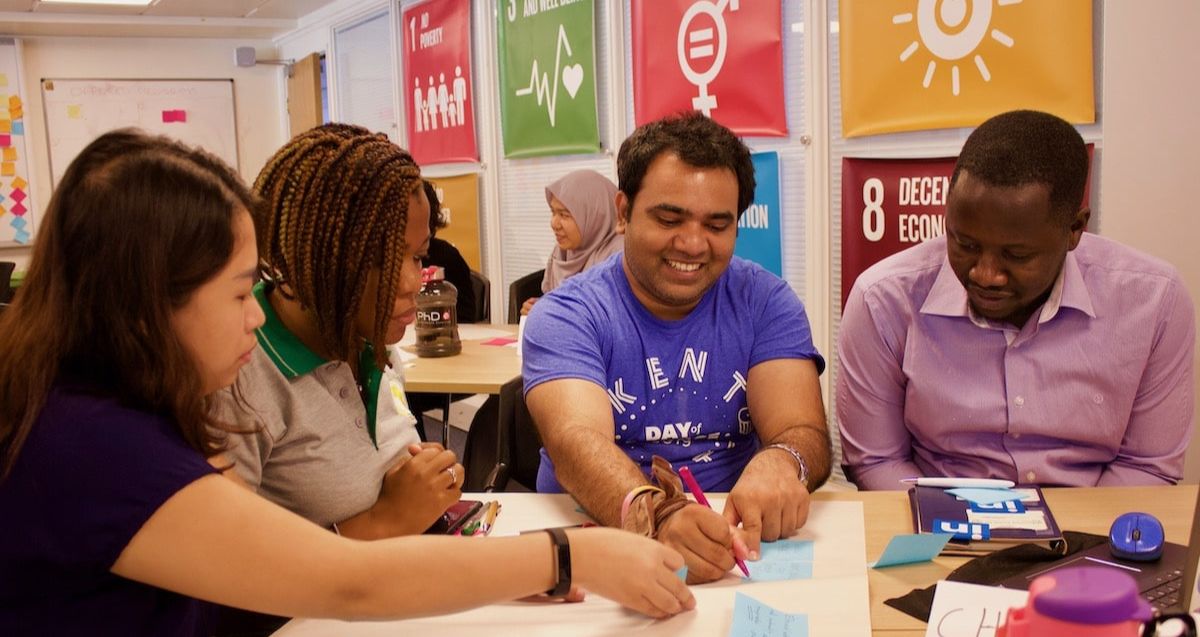
Insights from innovators in academia
Academics and their institutions were once seen as critical pieces in solving the world’s most wicked puzzles. Yet, in the midst of a social, environmental and technical revolution, intensified by a global pandemic, their value is being questioned.
Universities and colleges across the country and around the world are being called to evolve their offerings, working to meet the demands of a volatile, uncertain and complex world.
Award-winning academic and innovator, Dr. Umberto Berardi says that higher education is in the midst of a “renaissance” as a result, revising and restructuring its learning systems with a new future in mind.
The ASI team pursued a strategic foresighting exercise to explore the challenges, opportunities and trends as we look towards the future of education.
ASI went live with Dr. Berardi to share these insights with our community. Here’s what we learned:
1. Graduates need more than technical expertise to navigate the challenges to come.
In this new post-COVID-19-reality, the need for multi-disciplinary education which transcends technical knowledge is evermore critical, Dr. Berardi explained. For his engineering students, this means developing a more holistic understanding of the dynamics of transition-resilient infrastructure, cities, communities and transportation systems and the role they play in creating a low-carbon, socially-equitable world. Understanding the political, economic, social and ecological factors in play within their field will allow graduates to lead a smooth transition, developing cities and rural infrastructure that can withstand future challenges. Leading academic institutions are now being called to revise and restructure their curricula and programs to meet the demands of new and evolving future- weaving transition leadership competencies like systems-thinking and industry-relative climate modelling into their curriculum.
2. New advancements in mobile devices, video streaming and online learning management systems are accelerating the world of transition education digitally.
ASI’s foresighting workshop revealed tech-enabled learning as a key element in future education models. Alternative and additional education programs including micro-credentials, intensive courses and entirely digital degrees are rising in popularity, allowing students to pursue lean and life-long learning at their own pace. This digital shift has the potential to democratize education, creating greater flexibility and customization for both students and teachers through scalable and affordable pathways. It’s an exciting opportunity to scale transition leadership education models, supporting skill and leadership development at all corners of the globe. While much of this shift is reactionary- affirmed and accelerated by the COVID-19 pandemic, Dr. Berardi explains that “online learning didn’t start with COVID” and certainly won’t end with it. He advises not to view this shift as a temporary trend but to fully embrace it and experiment early on with new ways to boost engagement.
3. Academic institutions can reclaim their place as catalysts for positive change.
We believe that the very conditions that give rise to a pervasive sense of crisis are the same conditions that will endorse the institutions who are willing to innovate, experiment and evolve. By embracing new technologies and deploying resilience-boosting curriculum, academic institutions will produce future leaders capable of navigating increased social, environmental and economic disruption. It is this demonstrated ability which will solidify institutional value while turning complex challenges into opportunity.

Nicole Doray
Manager, Social Impact & Strategic Innovation


